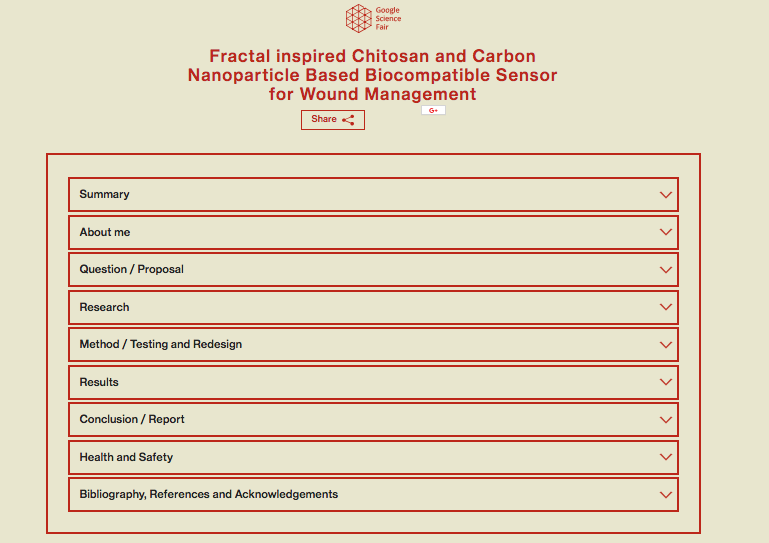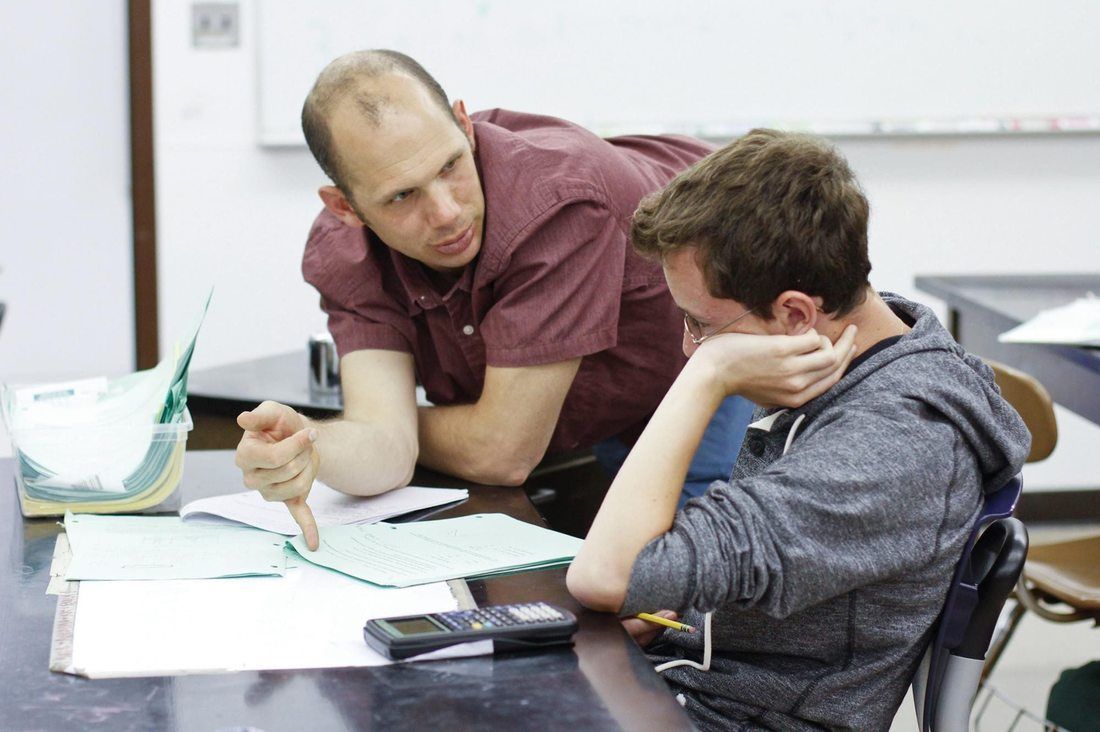|
|
|
I have written in the past about how much I am enjoying teaching Biology this year. After graduating with a degree in Biochemistry, my first teaching job, and thus the subsequent 17 years, led me to the world of chemistry education.
Upon switching schools, the opportunity to teach a few courses of Biology surfaced. Two years in, I am humbled by how much I don't know/forgot, both related to content and pedagogy of Biology instruction, and how much exciting opportunity there is in the field. Keeping the above in mind, I have been experimenting with a "Medical Case Study" approach to teaching the course, leveraging hypothetical patient intake exam symptoms, and subsequent student diagnosis to spark curiosity, and inspired initial research, around specific themes. Click here to read more. After leveraging case studies as points of entry for inquiry for the past two years, students appear, in general, very excited about facets of science I did not expect. For example, in researching patient symptoms, students are exposed to medical journals and pharmaceutical research to help validate their hypothesis and gain more information on the topic. Given exposure to applicable, and important research has appeared to inspire my students to want to conduct their own research in a way that transcends that which can be found in a traditional school curriculum, textbook, or lab manual. To quote a few students just today (note: students call me by my first name) "Ramsey, can we do a science fair project? I miss those..." "Ramsey, the Diabetes article I we read was really interesting. I would like to do a similar study" "Ramsey, have you heard of the Google Science Fair? Let's do that in our class." I was drawn to the last quote above, re; the Google Science Fair as I had not heard of it. Turns out, Google sponsors a science fair that is incredibly well organized, and rather than motivated by poster boards or projects that mirror more "arts and crafts" than science, the Google Science Fair designed in such a way that students are inspired to turn their thoughts and ideas into a format that address a gap in the world, and thus, change it! Serendipitously, the the deadline to submit for 2018 is December 12th, the day my final project (yet to be designed) is due in my 9th grade Biology class. The stars aligned! So, this year (literally beginning today) I'm going to do the below with the hopes that the public audience will motivate better work, but also, more importantly, leverage the increased interest in scientific research that the medical case study curriculum mentioned above has inspired. 1. Introduce the Google Science Fair (Read rules, show past projects, etc.) 2. Assign each student the task of developing, and prototyping their own idea as the FINAL EXAM. 3. Use the format, already designed by the Google Science Fair, to guide the research process. 4. Require projects to investigate, or build upon, a concept we have explored this year from our curriculum. 5. Cross my fingers. *Yeah yeah....there will be rubrics and stuff too. I'll share those as they are developed :) Per #3, the Google Science Fair website includes past examples that provide great reference points for student work, and built in templates for rubrics and research design. As you can see in the screenshot below taken from a past project, the required format empowers students to truly embrace the scientific method and true research methods when conducting their projects. I am so excited to see where this idea goes. Carpe Diem!
I have been dying to learn how to link specific topic headings within my external class website directly to specific portions within Google Document that contains information about those specific sections!
The Google Doc serves as a summary of the unit at hand. A running and flexible document that I, and students contribute to. The external website serves as a static location for all class lesson plans and resources. By linking the headings within the website we use on a daily basis, to the specific portions of the Google Document, students can target their studying strategically, directly from the website to the summary notes. I finally sat down and figured it out. Super easy! Check out the video below: I hope you enjoy the below three templates that have, and continue to, completely empower my teaching practice.
If you are like me as a science teacher, you simultaneously live the acronym "STEM" and are exhausted by its overuse in nearly every blog, set of state standards, or professional development seminar that comes to town (Full disclosure: I often facilitate those seminars).
That being said, the more I dive into the world of Robotics (second year as an FRC Mentor and long time Summer Science Camp facilitator), the more potential I see in leveraging that which we often write off as "trendy, and that which we hold dear. Tools common to enrichment programs (MakeyMakey, Arduino, MicroBit etc.) can potentially be powerful tools in my/our Biology and Chemistry classes during the school year, while also engaging students in a disciplines they would not normally see embedded in traditional physical and life science courses. Below are links 5 activities I have done, or plan to do, that merge coding/electronics and biology/chemistry. Enjoy! #1: MakeyMakey Interactive Eukaryotic Cell #2: Lego Mindstorm Natural Selection Simulation #3: Modeling States of Matter with the MicroBit #4: Drop Counter Hack with MakeyMakey #5: Arduino Conductivity Probe |
Categories
All
Archives
March 2024
|


 RSS Feed
RSS Feed